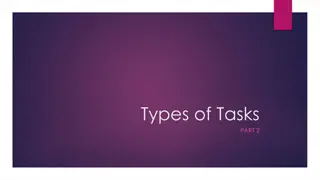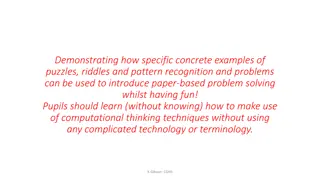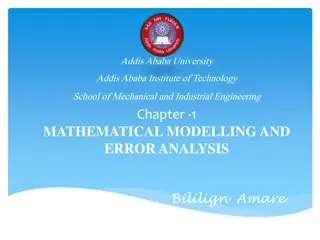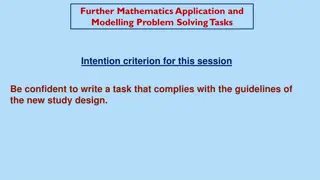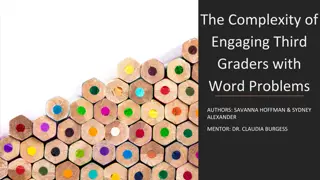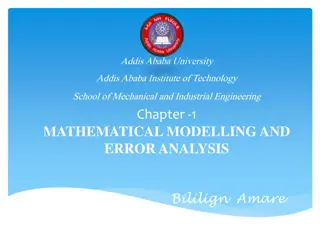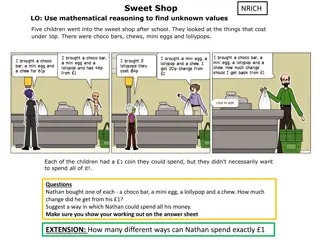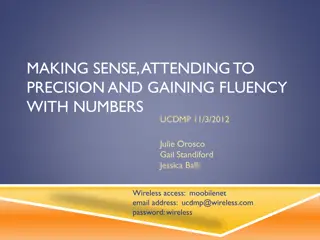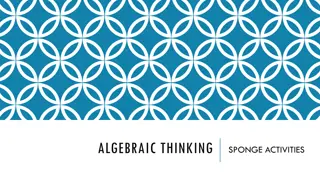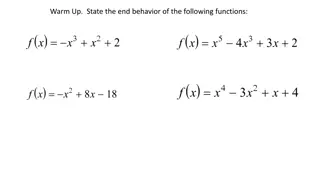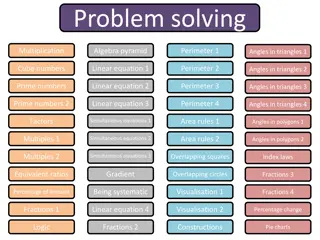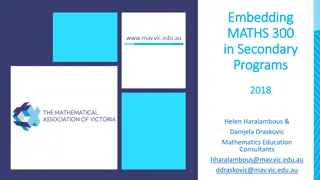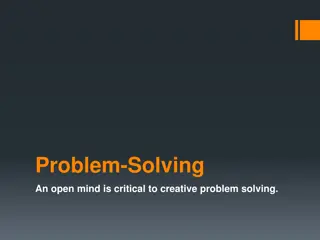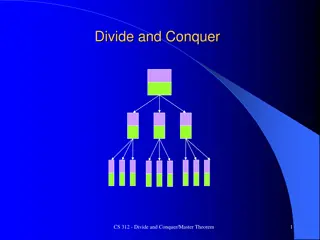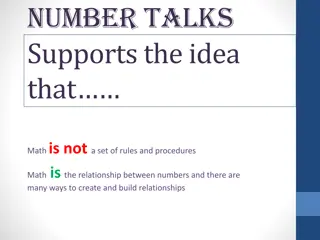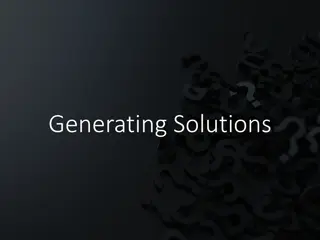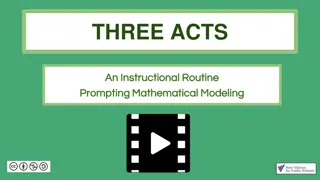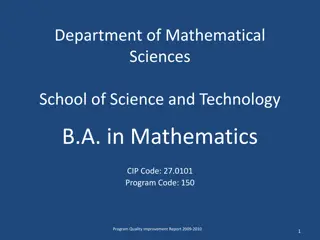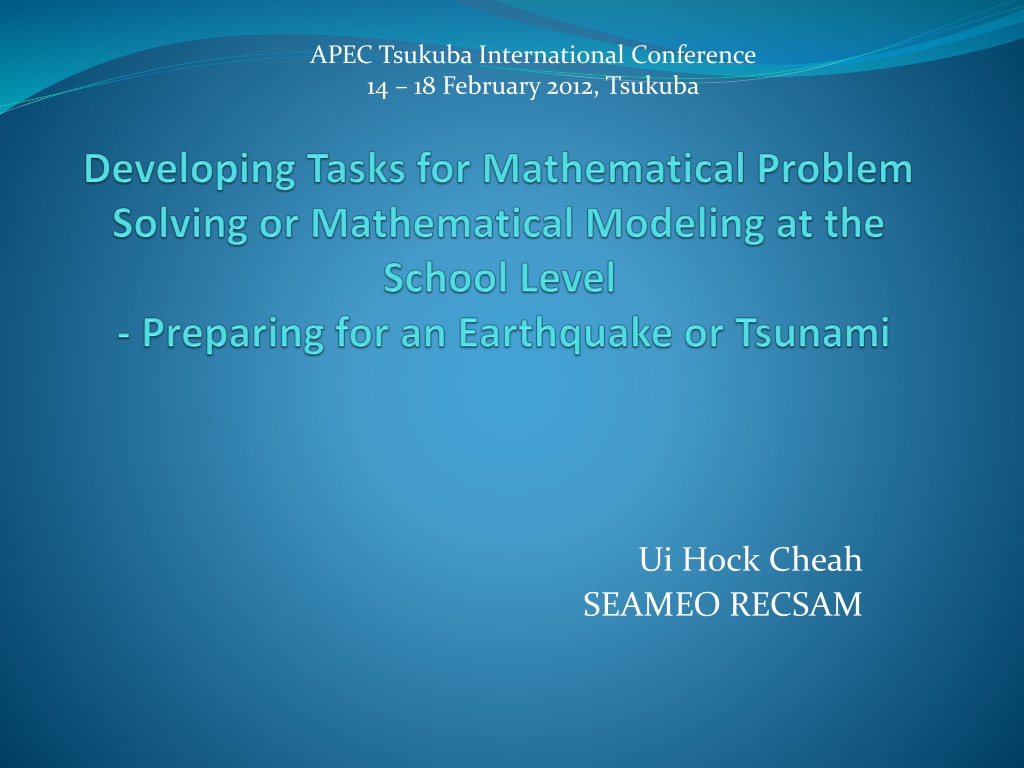
Mathematical Modelling in Real-world Scenarios
Explore the process of mathematical modelling in real-life situations, guiding students from formulating real problems to finding mathematical solutions. Overcome challenges with problem-based learning and engage students in practical applications. Enhance learning through scenarios like natural disaster preparedness, fostering critical thinking and mathematical skills.
Download Presentation

Please find below an Image/Link to download the presentation.
The content on the website is provided AS IS for your information and personal use only. It may not be sold, licensed, or shared on other websites without obtaining consent from the author. If you encounter any issues during the download, it is possible that the publisher has removed the file from their server.
You are allowed to download the files provided on this website for personal or commercial use, subject to the condition that they are used lawfully. All files are the property of their respective owners.
The content on the website is provided AS IS for your information and personal use only. It may not be sold, licensed, or shared on other websites without obtaining consent from the author.
E N D
Presentation Transcript
APEC Tsukuba International Conference 14 18 February 2012, Tsukuba Ui Hock Cheah SEAMEO RECSAM
Real Problem Solving and Mathematical Modelling The important features of the task: The problem: problem must be real and connected to the students Aim is for the students to transforming the real-life problem into a mathematical problem
Real World Mathematical World Real World Problem Mathematical Problem Real World Situation Mathematical Solution and a Mathematical Model
Outline of the Mathematical Modelling Process for the Students Real life situation Formulate a mathematical problem Identify the actual problem Set up a model Find a Compare with the original solution Interpret the solution mathematical solution Write the solution/ report
Challenges of Math Modelling in school Selecting tasks that are relevant and appropriate Helping students connect with the task Helping students look at the real world problem with mathematical eyes Helping students pose mathematical questions from a real world situation Moving from specific to the general solution
Using Problem-based learning (PBL) to overcome some of the challenges Using scenarios to connect students to the real world Focusing on what the students know from the scenarios and what they need to know Allowing students to pose and frame their own mathematical questions Allowing students to plan strategies to solve the problem
Exemplar Objective: Using the scenario of preparedness for natural disasters to lead students to examine estimates, probability in preparing an evacuation center School level: Grade 8 Lesson plan will covered over 2 lessons A video on tsunami can be used to introduce the lesson
Scenario 1 You are the Director of Planning in a town along the South coast of Japan. The population of the town is about 20,000 people. The Government is concerned about the safety of the people in case of natural disasters. What do you know? What do you need to know?
Scenario 2 The Minister of Education asks you to plan an evacuation center for the town which will be used during an earthquake or a Tsunami. Your task is to lead a team of planners to design the evacuation centre and submit it to the government
What do you know? What do you need to know? In your group, write down the questions you want to ask. What other information do you need? What mathematics questions can you ask? What information do you need to answer the questions?

